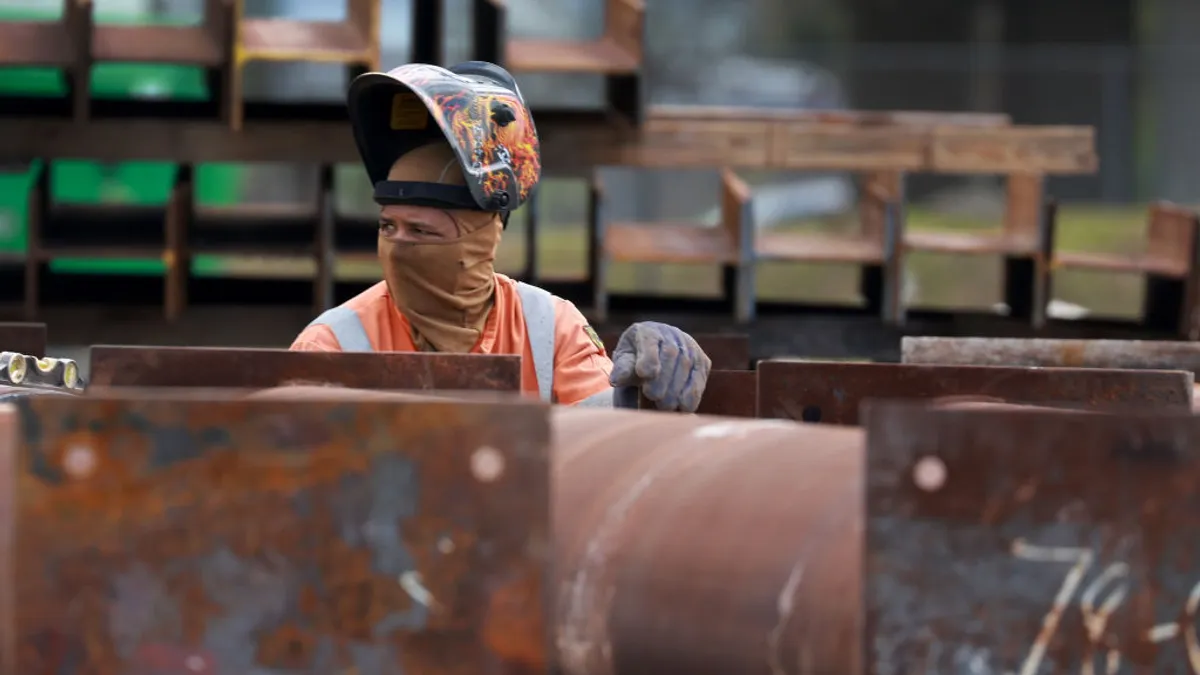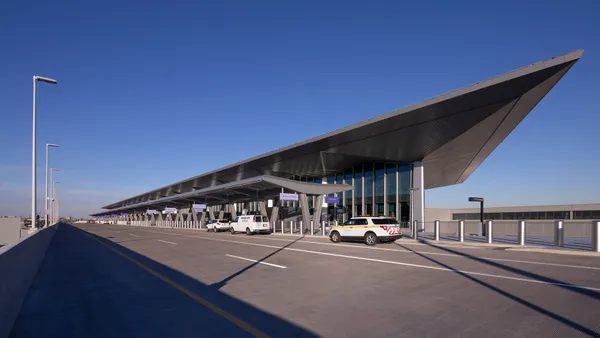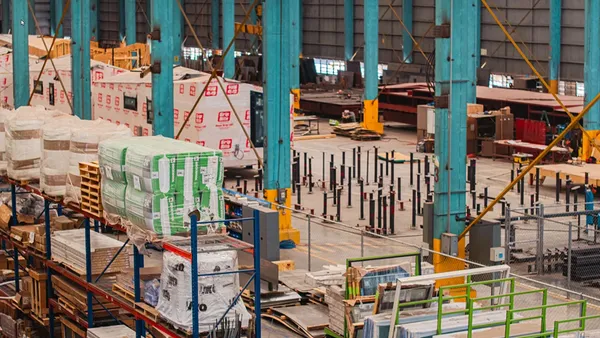Dive Brief:
- South Carolina Electric & Gas Co. is hitting back against a damaging Bechtel report that is expected to play a key role in an upcoming hearing at which regulators will decide if the utility company is entitled to collect $3.8 billion from ratepayers during the next 20 years in an effort to partially recoup costs for a failed nuclear power plant construction project, according to The Post and Courier.
- Bechtel was hired to assess the troubled expansion of the Virgil C. Summer Nuclear Generating Station, which racked up costs of more than $9 billion, according to the Greenville News, before SCE&G and Santee Cooper, a minority owner of the station, decided to call it quits in July 2017. Bechtel, hired as a consultant by the utility companies' legal team, found that the now-bankrupt primary contractor Westinghouse had presided over cost overruns, design flaws, a delay-plagued schedule and general jobsite disorganization.
- SCE&G maintains that the issues raised in Bechtel's report were already well known and that the company's analysis does not delve deep enough into the project's problems. The utility company also questioned Bechtel's motivation and the fairness of its report, claiming that Bechtel was trying to secure a long-term consulting contract for the project and that Santee Cooper was trying to assist the international construction and engineering firm in doing so. Representatives from Bechtel and Santee Cooper have denied any impropriety.
Dive Insight:
Delays add about 20% to the costs of modern nuclear power plant construction projects, a factor that is often overlooked by utilities during the planning phase for such utilities. The failure to maintain the learning curve necessary to successfully execute the construction of nuclear power plants is to blame, according to researchers.
In the U.S., demand for expertise in nuclear power plant construction decreased significantly when the sector stalled for more than 30 years beginning around the time of the Three Mile Island accident in 1979, according to the World Nuclear Association. In fact, there were no new construction starts between 1977 and 2013.
Even so, U.S. dependence on nuclear power has grown since the 1970s, and the nuclear plant construction industry is expected to grow.
In order to achieve safer nuclear power plant design and lower costs, the Department of Energy announced a $24 million investment into 10 projects that would try to identify and develop new nuclear-related technologies. More than $2.3 million will go toward development of a transportable modular reactor, and $2.6 million will pay for research into a reactivity control device for advanced reactors.













